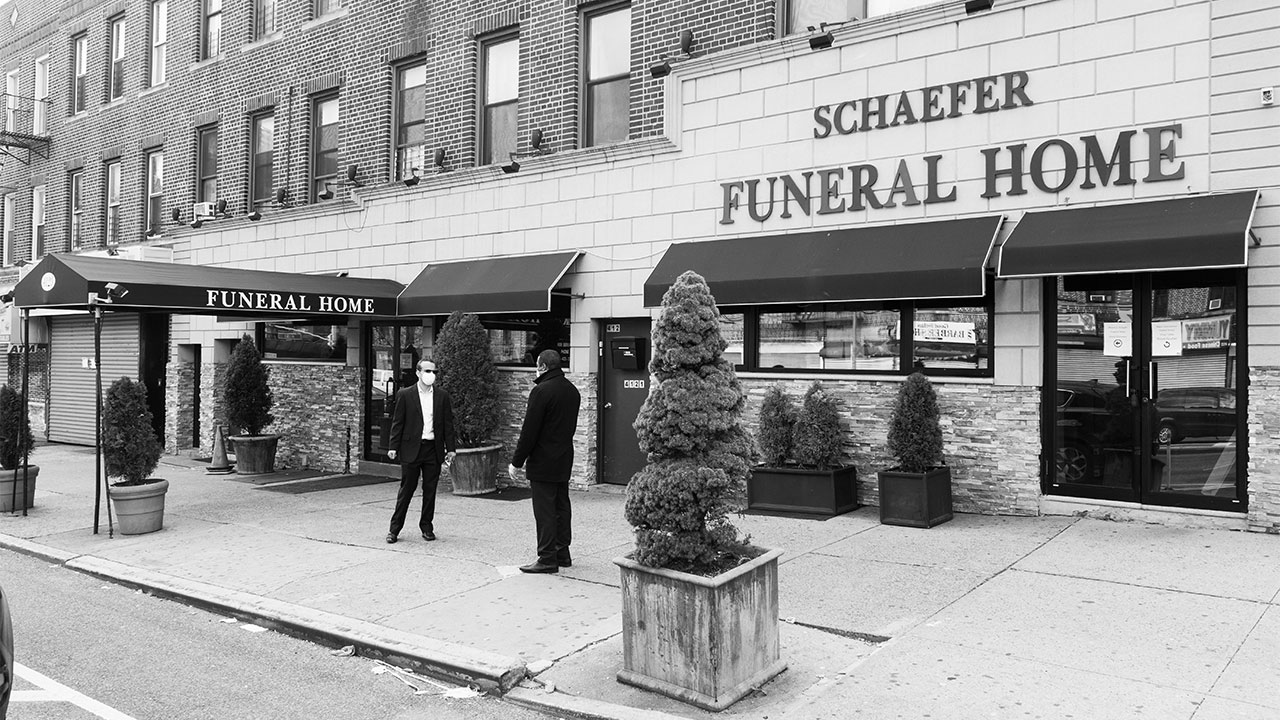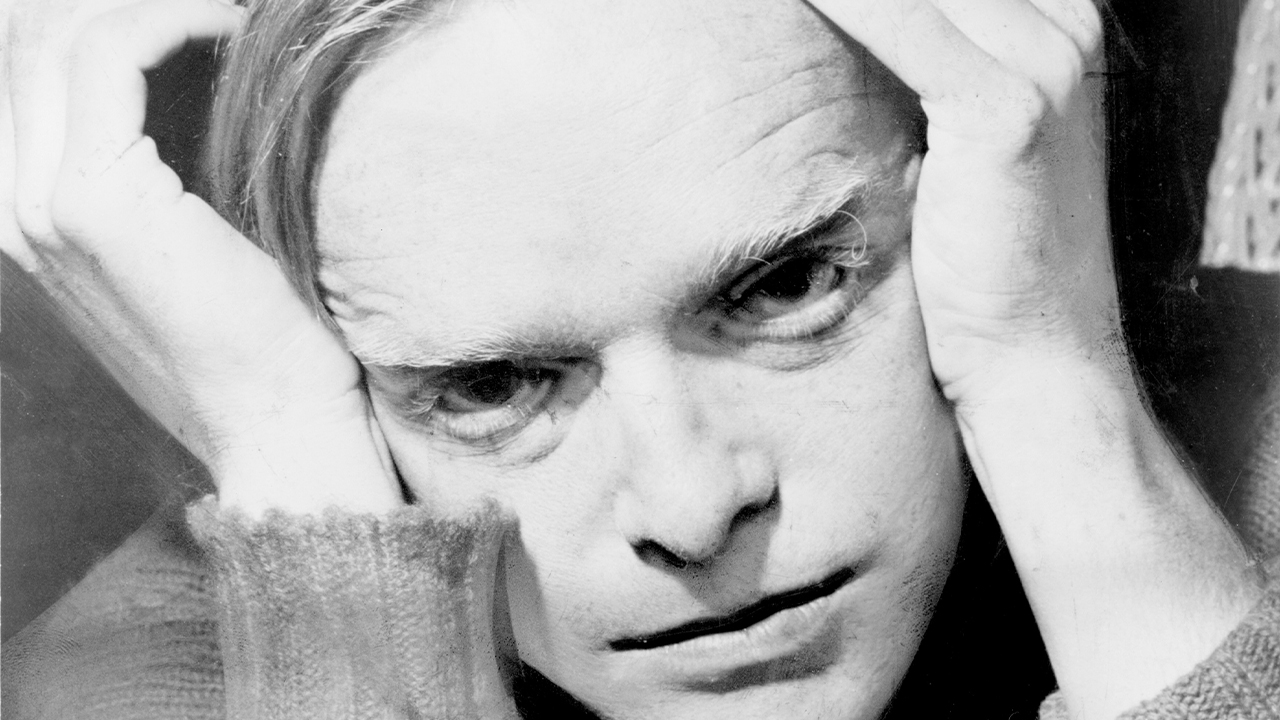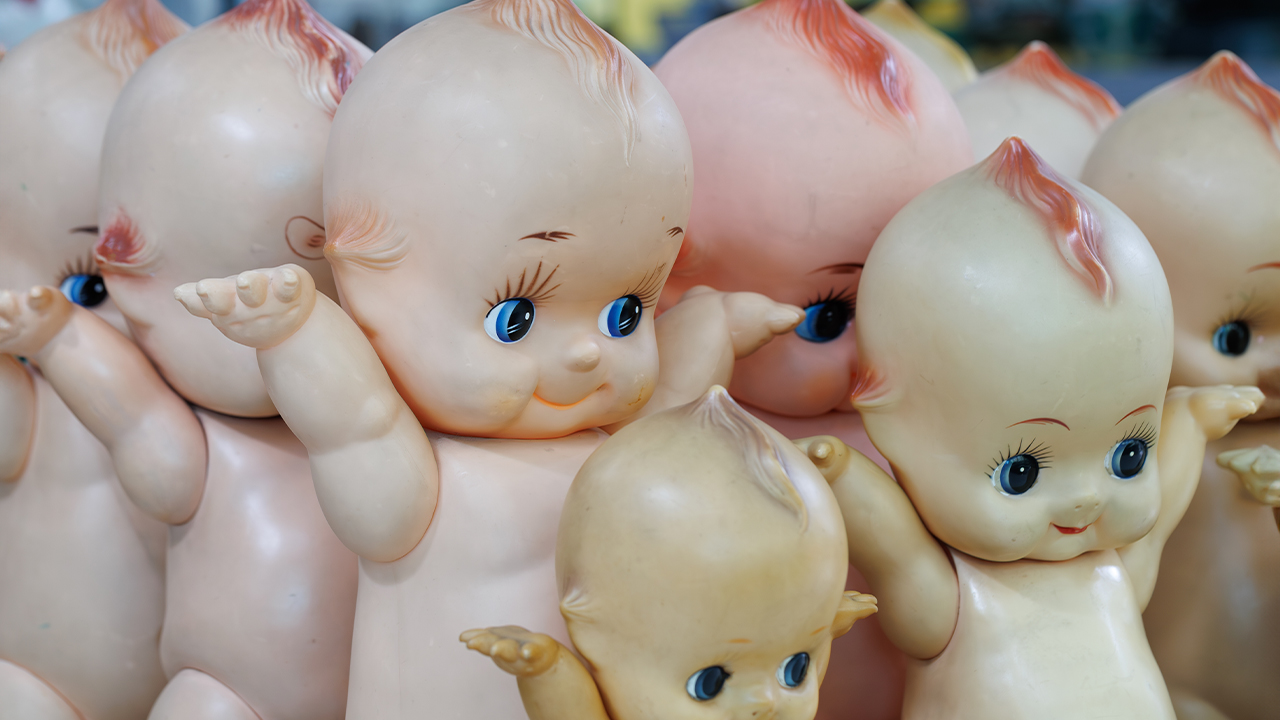To Live and Die With COVID-19 in New York
In the funeral world, the struggle for the living to respect the dignity of the dead.
By Donato DiCamillo & John Griswold
April 21, 2020

The Daniel J. Schaefer Funeral Home, in Brooklyn, sits across from a Catholic church and next to Islamic International Funeral Services (IIFS), six blocks from the historic, massive Green-Wood Cemetery.
Pat Marmo is the owner of Schaefer Funeral Home. He and his staff are overwhelmed. His three locations can process about 50 bodies at a time, but on the weekend of April 4 they have 185. Some have been embalmed already, but others are kept cool with air-conditioning in his second chapel room. Families call nonstop, frantic about making arrangements for their dead.
Schaefer Funeral Home owner Pat Marmo has brought in as much help as he can muster—a dozen drivers, technicians, and several interns from the funerary college. Some of them are unloading stacks of wooden caskets from a truck, as bodies come in and leave in constant rotation.
On any normal day, Marmo’s business transports and embalms bodies, does showings and holds memorial services, and subcontracts for other funeral homes. He also partners with the IIFS, which sends bodies overseas.
This is not a normal time, and Marmo has brought in as much help as he can muster—a dozen drivers, technicians, and several interns from the funerary college. Some of them are unloading stacks of wooden caskets from a truck, as bodies come in and leave in constant rotation.

Kareem, a tired, disheveled man in his early 30s, is a partner of the IIFS. He has picked up “a hundred and something” bodies in the last 24 hours. Sixty of them were overnight.
“We have people all over the place, coming back and forth, all over the tri-state area,” he says. “We have some families have to wait five hours, six hours, for a removal to get done. It’s something that’s unbelievable.”
The Islamic Leadership Council of New York has recommended to families this week that Janazah services—ritual washing, wrapping and praying over the dead—should be done “in coordination with operating funeral homes. Mosques are recommended to not perform Janazah services unless they have proper Personal Protective Equipment.”
Asked if he was afraid to get sick himself, Kareem says, “I am. And I’m afraid if my dad gets the virus at home. But I have to be here. I have to be here. You know?”
But Kareem says they cannot wash all the bodies. One man’s son and another relative were allowed to do the ritual cleansing themselves, onsite, wearing masks.
Asked if he was afraid to get sick himself, Kareem says, “I am. And I’m afraid if my dad gets the virus at home. But I have to be here. I have to be here. You know?”
Kareem’s first cousin, who calls himself Oz, runs the IIFS, and is Pat Marmo’s partner. He now works 12- to 14-hour days, picking up bodies, which come from houses, nursing homes, hospitals—everywhere.” Sometimes he sleeps at the funeral home. He calls the pandemic a tragedy.

“People are not even allowed to funeral-pray on their parents or their loved ones,” Oz says. “Churches are closed. Mosques are closed. We have to make sure we get the right thing done, but we ran out of space. We have to leave people’s loved ones inside the hospital until the day of the direct cremation or direct burial.”
Pat Marmo says body bags are never opened in many cases, and “direct burial” or “direct cremation” has become commonplace: bodies are picked up from hospitals and morgues and taken directly to crematoriums or cemeteries, like the one just up Fourth Avenue. The crematoria are so overwhelmed that appointments are being taken for two weeks from now.
Oz says, “We have a whole bunch of families who call me to finalize arrangements. And they ask me one specific question: ‘How are we supposed to know that’s our mom or dad inside of that body bag? Because we’re not allowed to open it. And they didn’t allow us to come see my mom in the hospital, or my dad. So how are we supposed to know that’s my dad or mom inside of there?’ And I just don’t have an answer to that, ‘cause I don’t know.”
It is as if a vacuum has pulled loved ones out of families’ lives. One day, everything is normal. The next, they may be in a hospital but cannot be visited. Then they are gone, without even a glimpse goodbye. Pat Marmo says some families seem to be taking the deaths “in stride,” as if they have not processed the grief.

Joe, a Schaefer funeral director and office manager, says, “Most families understand we’re only allowed 10 people in the [memorial] room at one time.” He tries to help them understand too that family and friends may not come to a memorial service, especially if age makes them more susceptible to the disease. He is advising families to cremate or bury directly, in part to save unnecessary expense.
“When this all quiets down, have what they call a celebration of life, a memorial service. We’ll put up pictures, you can get flowers, you can have the whole day if you want. You know? It is what it is at this point.”
“The Medical Examiner’s Office, who used to take bodies in from houses when there were undetermined causes of death, don’t even want to go to the houses now. They are just releasing the deceased out of the house to our care. They haven’t looked at the bodies. They’re just saying, ‘You can take ’em.’”
Meanwhile, the toll on funeral workers is heavy. One of the Schaefer employees says, “We’re working double shifts. Nobody’s relieving us. We have other funeral directors calling us, asking us to help, because they’re overwhelmed.
“The Medical Examiner’s Office, who used to take bodies in from houses when there were undetermined causes of death, don’t even want to go to the houses now. They are just releasing the deceased out of the house to our care. They haven’t looked at the bodies. They’re just saying, ‘You can take ’em.’”
A young man and woman outside Schaefer, who are interns training to be funeral directors themselves, say they try to sanitize the inside of their vehicles, every time they get in or out. They always wear masks and gloves, all the way home, where they strip at their doors, try to decontaminate with Lysol wipes, immediately wash their clothes, and take showers twice a day.

“There’s no room for error in this situation,” a third intern says. “There really isn’t. You mess up once, that’s it.” He says he has lost friends, and funeral directors themselves are getting sick, “and we’ve only had this pandemic about a month.”
He says they are “running very low on every supply, because it’s all going to the hospitals, who in turn push us to pick up the bodies and do not help. They just open the mobile trailers and say, ‘Have at it.’”
Joe, Schaefer’s office manager, says it should not be their job to go into hospitals’ refrigerated trailers to get bodies. “If one of us falls in that refrigerated truck, we’re not covered. Because that’s hospital property. We’re not hospital employees. Some of these, you walk in there, the pouches are ripped, there’s fluid on the floor; why should I walk in there and have to breathe that stuff?”
“There’s no room for error in this situation,” a third intern says. “There really isn’t. You mess up once, that’s it.” He says he has lost friends, and funeral directors themselves are getting sick, “and we’ve only had this pandemic about a month.”
“The City of New York does not recognize funeral directors or funeral professionals as first responders,” he says. “We’re at just as much risk if not more [than] the nurses, the doctors, the guy who’s delivering your groceries, the guy who’s delivering your pizza. What about the guy who’s picking up your loved one, who doesn’t have protection …?”
Joe believes the Medical Examiner’s Office is “passing the buck” and having funeral homes pick up bodies, in some cases, because they are scared or too busy. He says in some cases the ME’s office let bodies sit in homes for 12 hours, only to have people like Joe pick them up instead.

“We’re trying to explain to families that they’re better off right now, if somebody passes away at home, to force the Medical Examiner to take it,” he says. “Because they have the proper storage. They have the refrigeration space, where we don’t. And their loved one would be in better care, refrigerated with them, than with us.” Schaefer’s answering service is telling callers it will relay the message, but the funeral home is past capacity.
“I had a family call me the other day,” Joe says, “and the woman said to me, ‘Look, I’ll be honest with you, I’ve called six funeral homes and they’re all maxed out.’ I said, ‘Ma’am, to be honest with you, you just hit number seven.’ So it’s not just one funeral home, it’s city-wide. And we haven’t even peaked yet, they said.
“It’s the career I chose. To help people at a time they need help the most. And that’s what we’re trying to do. We’re trying to help as many families as we can, with the limited space we have. It hurts to have to tell a family, ‘I can’t help you right now.’ I’ve told families, ‘I can help you in three weeks; tell the hospital to hold your loved one for three weeks, and whatever I can do to help you [I will]. But right now it’s frustrating. We can’t help you right now.’”


